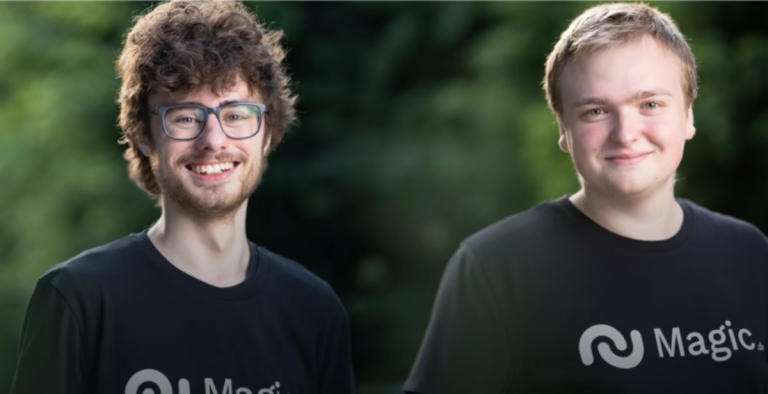A breakthrough in the artificial intelligence (AI) and software development industries has emerged as a new generative AI coding firm, Magic, announced they have been backed by $320 million in their Series A funding round spearheaded by former Google head, Eric Schmidt. Such a significant investment signals the increased focus and trust in artificial intelligence-based approaches to coding and other aspects of software creation.
Funding Details
Magic’s latest funding round was attended by many other known personalities, which included Atlassian, Elad Gil, Nat Friedman, Daniel Gross, Jane Street, Sequoia, and Alphabet’s CapitalG. This round takes Magic’s overall funding to $465 million, placing it among the most funded AI coding startups.
The fact that some influential investors get engaged with the company proves that Magic’s technology can bring radical shifts in the way software is created. Specifically, the involvement of such a well-known IT personality as Eric Schmidt means a serious boost in the credibility and visibility of the startup. Schmidt, who has been pro-voice for AI, is a titan in the sector with more than adequate experience and a sound perspective on strategizing that he brings to the table to Magic.
Mission and Vision of Magic
Magic was launched in 2022 by Eric Steinberger and Sebastian De Ro to disrupt the conventional software development process with the help of generative AI. The startup creates artificial intelligence programs that aim to help software developers write, code review, debug, and prepare changes to their code. These tools serve as a second programmer, smart, and able to recognize the context of the coding work being carried out.
An LTM feature is the LTM-2-mini model capable of processing contexts up to 100 million tokens. This capability enables the model to take into consideration a large amount of code, documentation, and libraries during inference, a big boost to code synthesis. To address all these shortcomings of pre-training and to make the entire workflow efficient so that developers get high-quality PRs for entire features with the least effort, Magic primarily targets inference-time computing.
Competitive Landscape and Strategic Partnerships
Magic entered an agreement with Google Cloud to develop two new AI supercomputers. The first, Magic-G4, will be based on next-generation NVIDIA H100 GPUs, while the second one, Magic-G5, will employ NVIDIA Blackwell chips. This can grow in capacity to tens of thousands of GPUs over time revolutionizing AI model training and inference.
Magic has many other rivals involved in the same sector and provides a similar value proposition as AI coding startups like Cursor, Codeium, Cognition, and Augment but also more significant players like GitHub Copilot. However, what distinguished Magic from others was more encompassing contexts that were ultra-long, and its carefully selected partnerships.
The scalable integration of large contexts along with the high capacity of code synthesis makes this startup stand out from its competitors. Magic is intended to be beneficial for software engineers, to enhance productivity at the stages of code generation and software development automation.
Conclusion
Magic’s recent financing round of $320 million spearheaded by former Google CEO, Eric Schmidt, and other investors is an achievement for the startup. Magic is well-equipped to transform the way software is developed and released through AI-based tools and partnerships that have yet to be seen in the software development marketplace.

Note: You can reach us at support@scoopearth.com with any further queries.
Linkedin Page : https://www.linkedin.com/company/scoopearth-com/













